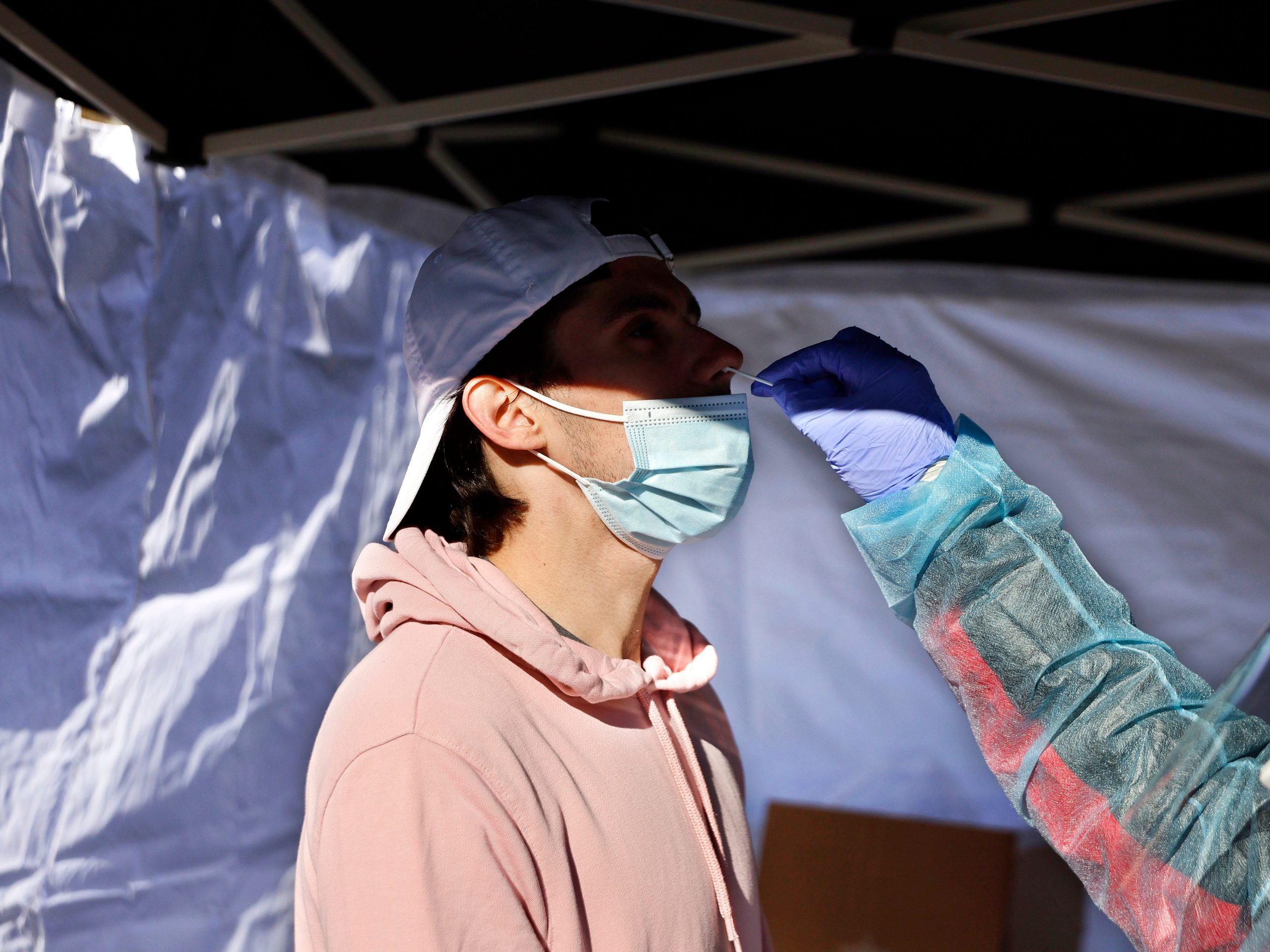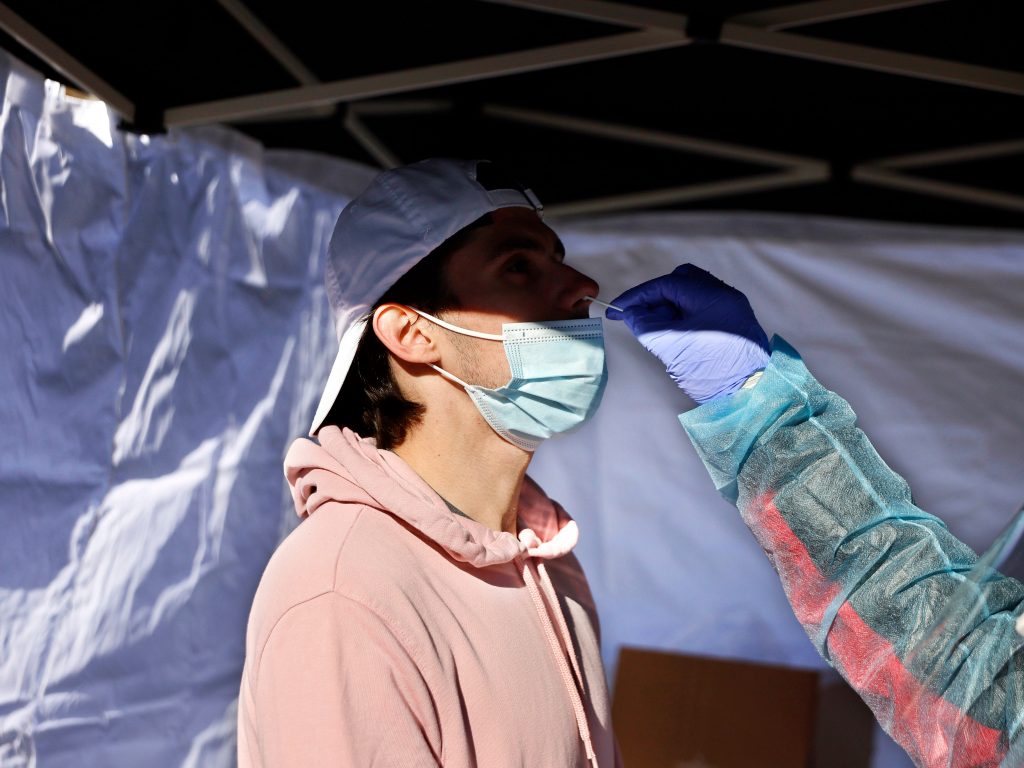
- COVID-19 vaccines likely offer strong protection against BA.2, a fast-spreading Omicron subvariant.
- Booster protection against symptomatic COVID-19 was 70% for BA.2 and 63% for BA.1, UK data show.
- It's too early to tell how well existing shots work against severe COVID-19 caused by BA.2.
COVID-19 vaccines likely offer strong protection against mild disease caused by the fast-spreading Omicron subvariant BA.2, recent data from the UK show.
Vaccines offered 70% protection against symptomatic COVID-19 caused by BA.2 two weeks after a third dose, according to a January report from the UK Health and Security Agency.
By comparison, the same course of vaccinations offered 63% protection against symptomatic COVID-19 caused by BA.1 — the most widely detected Omicron subvariant worldwide — over the same time period.
The figures are based on the combined protection offered by two-dose vaccines authorized in the UK — Pfizer, Moderna, and AstraZeneca.
The chart below shows how much protection is restored after a booster, and how that differs between BA.1 and BA.2. Twenty-five weeks after a second dose, protection against symptomatic disease was just 13% for BA.2 and 9% for BA.1.
There is still a high degree of variability within the data for BA.2 due to the relatively small number of people who have caught it in the UK.
It's also too early to tell how much protection vaccines provide against severe disease from BA.2 because not enough time has elapsed to determine whether a significant number of people go on to become ill.
BA.2 seems more transmissible, but not more deadly, than BA.1
Omicron is an umbrella term that encompasses four subvariants: BA.1, BA.1.1, BA.2 and BA.3.
Scientists are closely monitoring BA.2, which has now been detected in at least 57 countries.
The BA.2 subvariant has overtaken BA.1 in several countries, including Denmark, to become the most common cause of COVID-19, according to the latest WHO report released Tuesday.
Early data from Denmark suggests BA.2 is more infectious than BA.1, but not more deadly.
As well as stopping people getting sick, vaccines may help slow its spread.
A household study from Denmark, released Sunday, found that BA.2 wasn't more transmissible than BA.1 in households that had received two or three doses. The study hasn't yet been published or scrutinized by other experts in a peer review.
Disease experts and health officials are still scrambling to work out BA.2's full impact, including exactly how well vaccines protect against it.










